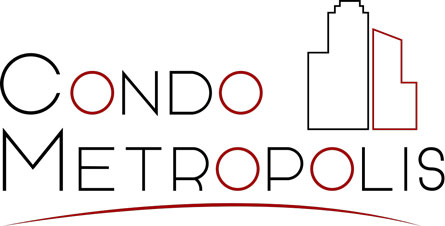-
Question: Can the board offer discounts to members that prepay a special assessment rather than participate in a payment plan?Â
Answer: No discounts should be offered since they would cause a shortfall. It is appropriate, however, to charge late fees to those that don’t pay as agreed.However, it is a bad idea for HOAs to finance special assessments at all because of the increased administrative costs and the likelihood of dealing with delinquent payments. For example, If you have a 30 unit condo and allow 24 monthly special payments, you have 720 payments to track and 720 potential collection problems. Instead, require each member to provide special assessment funds from whatever source they have available. Some have cash, some has an equity line of credit. The HOA should not finance the special assessment or borrow the money.
Question: Our homeowner association is made up of condominiums built in a townhouse style. The HOA has the responsibility for all exterior repairs and maintenance. Our board has allowed several of the members to replace their own unit roofs and repaint their units since they wanted to sell. This doesn’t sound right.
Answer: It’s a very bad idea to allow individual unit owners to do or pay for this kind of work directly because of:
- Quality Control. Is the person doing the work experienced? Is the material being used of good or superior quality?Â
- Risk Management. Is the person doing the work properly insured for injury and liability?Â
- Owner Still Financially Responsible. Doing this kind of work does not relieve a current or future owner from paying his normal share of regular and special assessments.
Question: What kind of expectations or working relationship should an HOA manager have of the client’s board?
Answer: The board should:
- Support the manager’s decisions unless a clear mistake has been made.Â
- Not undermine the manager’s actions in rules enforcement and collections.Â
- Carefully consider the manager’s advice since it comes from experience and training.Â
- Be respectful of the manager’s busy schedule.Â
- Allow the manager to execute the terms of the management agreement without micro-managing.Â
- Remember that the manager works for the board.
For more innovative homeowner association management strategies, see Regenesis.net.Published: March 2, 2011
(407) 901-5161
Orlando Property Enterprises | All rights reserved
